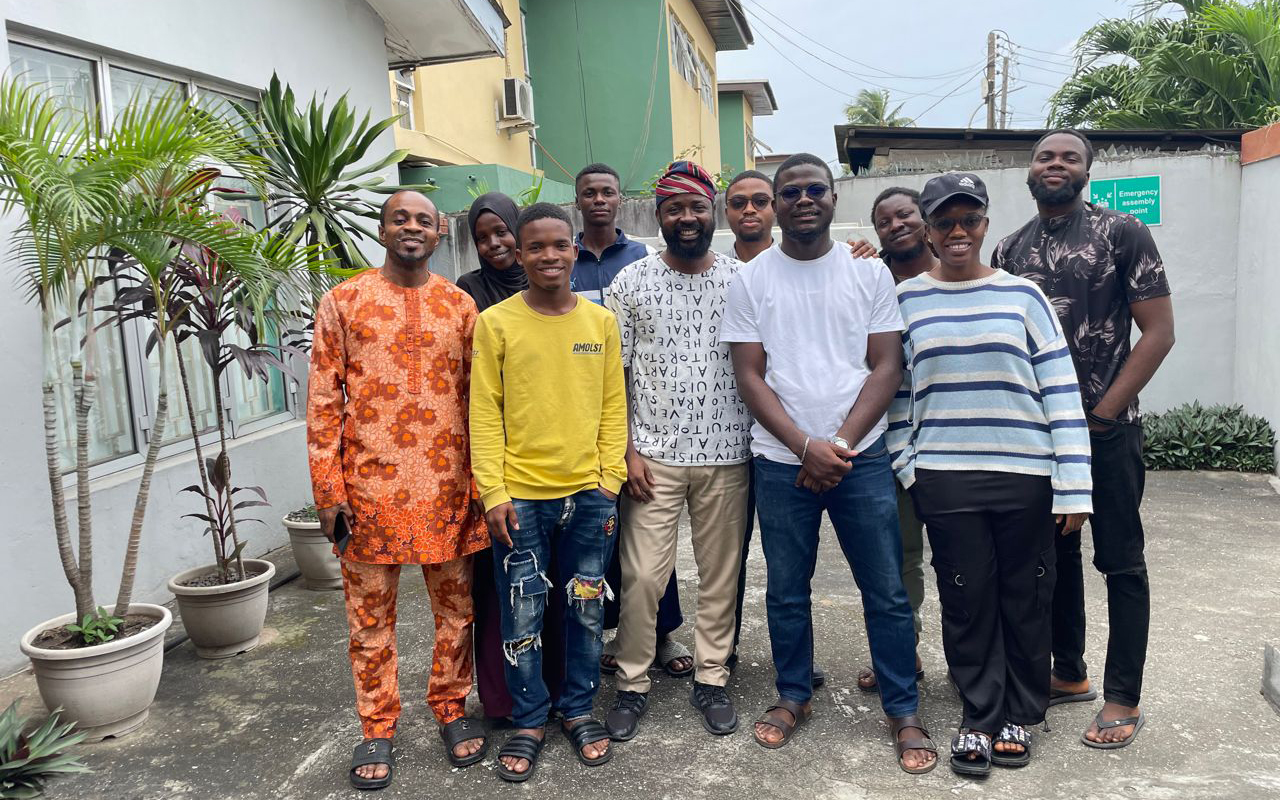A Lagos-based nonprofit, Access for Youths to Information Technology Initiatives (AYITI), has trained children in coding, design, and robotics in a bid to keep them away from crime and prepare them for careers in technology.
The initiative was founded by software developer, Akinyele Olubodun, who said his own family escaped poverty through programming. The program provides one year of free training for children aged nine to thirteen from low-income communities, combining technical lessons with mentorship and leadership development.
Nigeria continues to face rising cases of youth involvement in internet fraud, child labour, and street violence, driven by poverty, peer pressure, and the appeal of quick money. AYITI seeks to counter those pressures by offering digital skills alongside ethical programming principles and role models who demonstrate community leadership.
“AYITI is not just producing developers. We want to raise leaders who can challenge the status quo and use technology to create positive change,” he said
Classes are taught by volunteer tutors from the tech industry. Mubarak Salami leads workshops in user experience design, Opeyemi Ibrahim teaches front-end web development, and Ologunde Elisha introduces electronics and robotics. Students also take part in peer-to-peer learning and career support activities.
Graduates have created projects including AmazingSQL, a gamified training tool that simplifies database learning. Some alumni have already secured internships, launched small businesses, and developed civic technology tools addressing community needs such as waste management and education.
The program is designed to remove barriers to participation. Tuition and fees are free, laptops are provided on loan, and flexible schedules accommodate children balancing family responsibilities. The approach has drawn attention from philanthropists and educators who see tech education as a pathway to reducing poverty and crime.
Olubodun said AYITI’s long-term goal is to change Nigeria’s global image from a hub of cybercrime to a source of socially impactful software and innovation.






